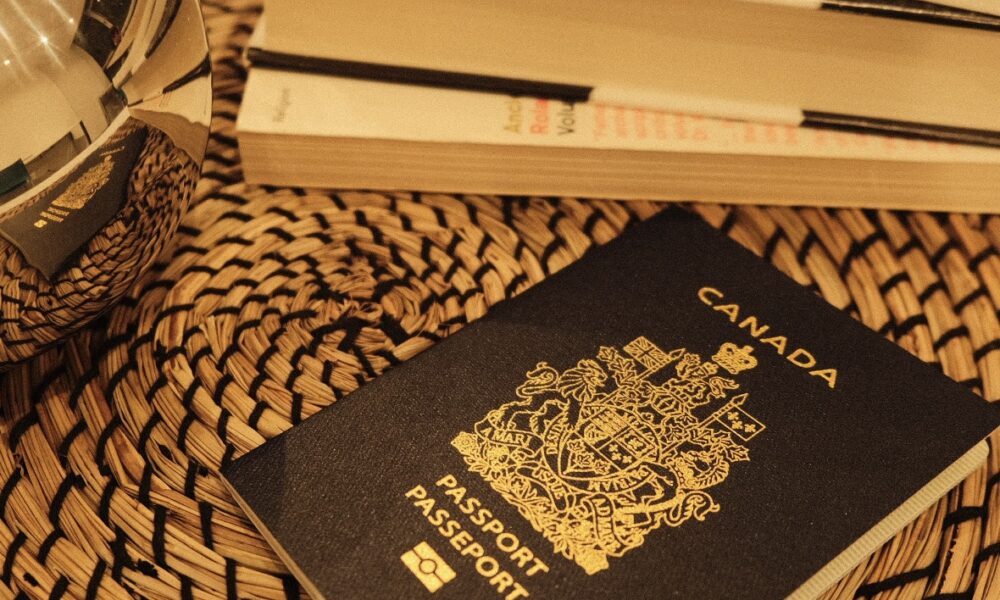Irene Bloemraad, professor of Political Science and Sociology at the University of British Columbia, delivered the McGill Institute for the Study of Canada’s 2024 Mallory Lecture, titled “The Limits of Canadian Tolerance” on Oct. 30. She presented her recent research on Canadians’ attitudes towards out-of-status immigrants—temporary residents whose visas have expired. Bloemraad also explored the broader landscape of concerns around how many temporary and permanent immigrants Canada allows, what kind of support should be given to immigrants, and how Canada’s immigration patterns compare with the United States.
Opening by comparing the U.S. and Canada, Bloemraad noted that scholars in the U.S. have more reliable numbers on out-of-status immigrants than Canada does, because undocumented immigration has historically been a higher-profile issue in the U.S. than in Canada. In Canada, estimates of the number of out-of-status immigrants ranges from 20,000 up to 500,000, leaving Canadian experts unsure how widespread an occurrence this is. Bloemraad discussed this uncertainty in the field, which can leave policymakers and the public unsure of how many resources to allocate to addressing the issue.
“Should we as Canadians, be concerned about [the number of out-of-status immigrants]?” Bloemraad asked during her lecture. “If you walk out of this talk with at least one thing in your mind, I want you to think that we need to get ahead of this, because it is going to be an issue.”
Bloemraad presented two major reasons for concern about immigration: That Canada currently grants more temporary work and study permits than permanent residencies; and that an influx of immigrants may face deportation from the U.S. by a possible Trump administration.
“Irrespective of whether you think this is a good policy or a bad policy, if you have a temporary worker program or temporary students, you are probably going to get undocumented migration at some point in the future, because the temporary [immigrants] might stay and then fall out of status,” Bloemraad noted.
Jacob Kates Rose, a master’s student in McGill’s Max Bell School of Public Policy, emphasized Bloemraad’s point about possible immigration from the U.S. in an interview with The Tribune.
“One of the most important takeaways was that, projecting a possible Trump presidency, if [government officials] follow through on trying to deport millions of people, […] a lot of those people will end up in Canada,” Kates Rose said.
Shifting from the broader policy landscape, Bloemraad outlined her recent study: “Categorical Inequalities and Canadian Attitudes toward Positive and Negative Rights.” To determine how likely Canadians were to be concerned about human rights violations against out-of-status immigrants, and endorse governmental support for them, Bloemraad designed a series of survey questions based on fictional vignettes.
The vignettes showed immigrants of different races and legal statuses experiencing difficulties such as being repeatedly stopped and questioned by the police, or not having enough food to eat. Participants then answered questions about how serious of a problem they viewed the police stops as, and whether the government should support them in accessing food.
Bloemraad found that respondents were most concerned about the police stops when the immigrant was Black, and a legal resident, less so for a white legal resident, and least of all for out-of-status immigrants of any race. In the food insecurity scenario, respondents generally agreed that the government should support the residents with legal status, although it was slightly lower for the Black immigrant than the white one.
“The story here is, again, if you’re out-of-status, people are not particularly excited about having the government step in and help you, even if you’re not having enough to eat,” Bloemraad said.
This research approach resonated with Japteg Singh, a PhD student in Epidemiology at McGill, who is studying immigrant experiences with the healthcare system in Canada.
“No one’s really looked at [immigration] as heterogeneous, like immigrants come from different parts of the world. How does that affect their interaction with the healthcare system?” Singh said in an interview with The Tribune. “Immigration is complex, there are a lot of forces in play.”









